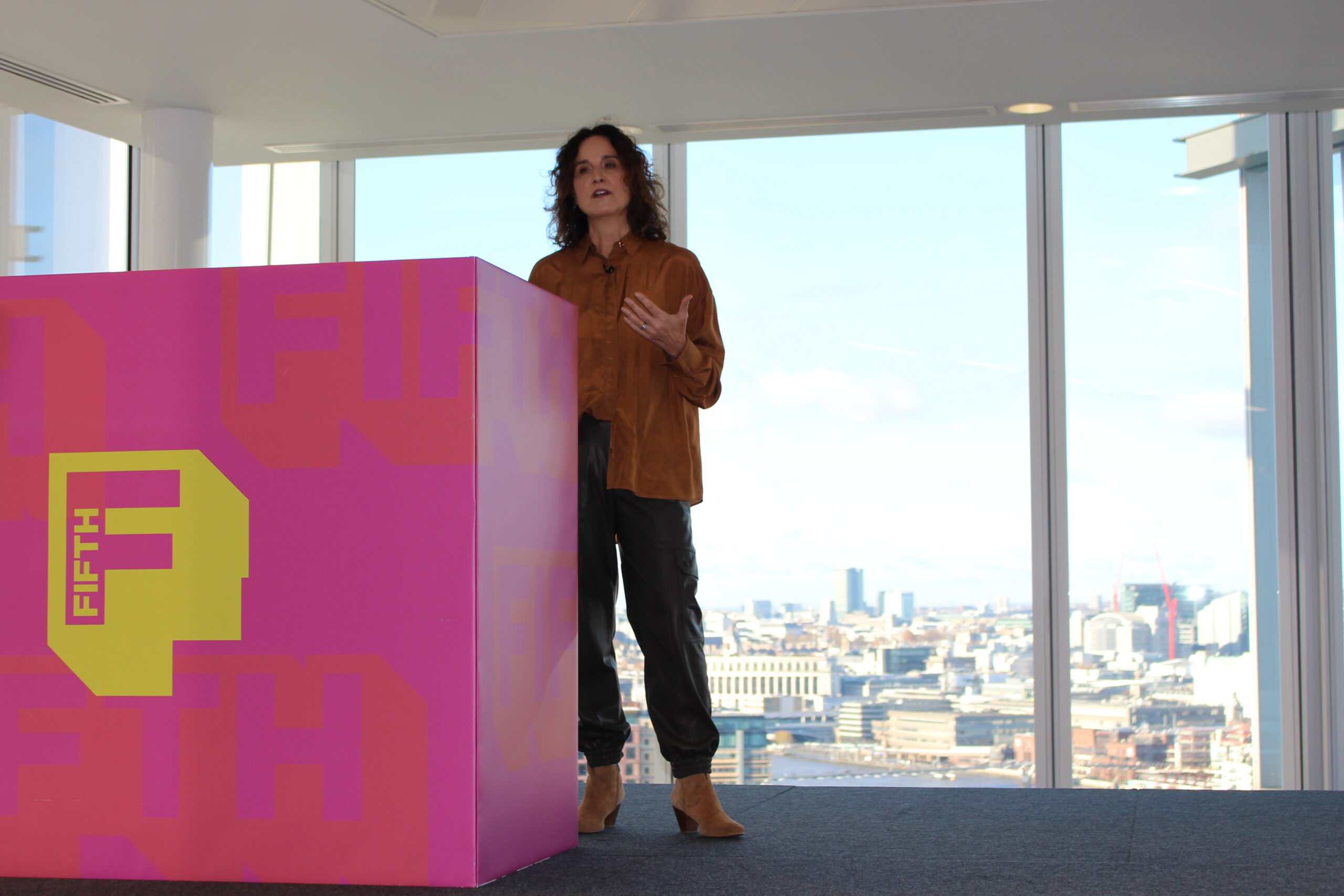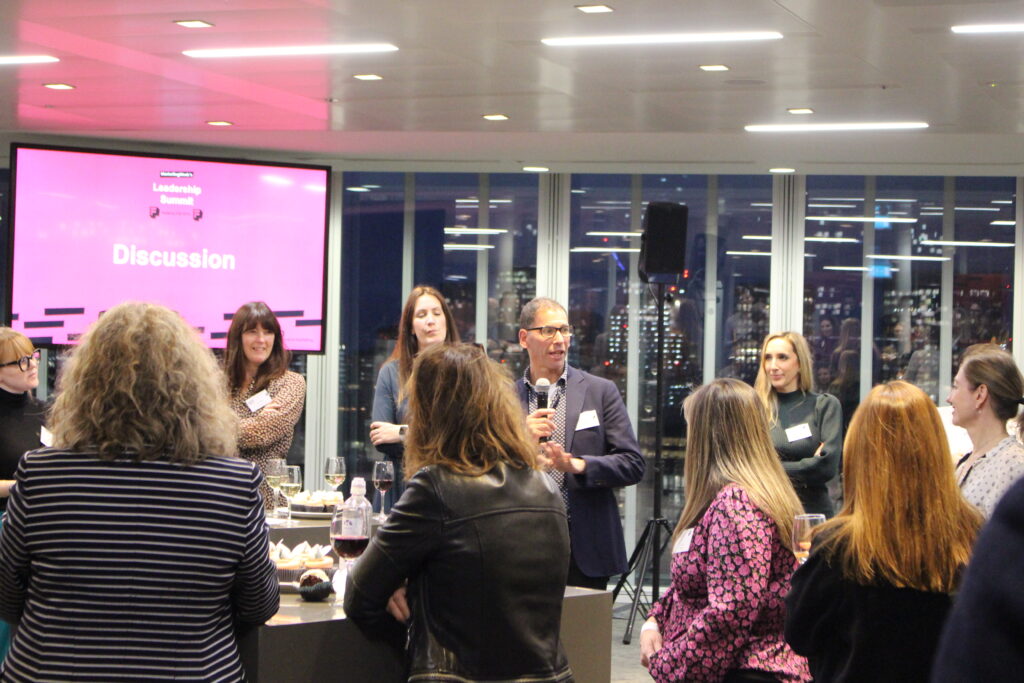From margin to the mainstream: why brands don’t start a revolution, consumers do
Our takeaways from Helen Edwards’ keynote at the 2022 Marketing Week Leadership Summit, hosted by THE FIFTH

Last week, we hosted the Marketing Week Leadership Summit at our offices and delved into three themes: business growth, brand growth and self-growth.
The invitation-only summit saw speakers from the marketing and leadership world including Editor-in-chief of Marketing Week, Russell Parsons, Marketing Week columnist, author and brand consultant, Helen Edwards, and former Met Police superintendent, Leroy Logan MBE PhD FRSA, who took to the stage to talk about their learnings and experiences.
Here, we share with you our takeaways from Helen Edward’s keynote on how brands can capitalise on lifestyle choices being made by people who may sit in the margins now, but will soon find themselves part of the mainstream.

Consumer driven disruption
Marketing Week columnist and brand consultant, Helen Edwards, said “brands don’t start a revolution, consumers do”.
In her keynote, Helen spoke about how consumer demand has the power to foster new industries, and an example of this is the rise of veganism.
The term ‘veganism’ dates back to 1944 when activist Donald Watson started a movement based on a dairy-free lifestyle. The term ‘vegan’ was coined because it’s the beginning and the end of the word ‘vegetarian’ and was marginal for the next 60 years due to resistance from the mainstream.
Helen says: “Veganism only really took off in around 2017 and now nearly everybody is a vegan at least some of the time. When a category takes off, we think about how to react and not be left behind and it can feel like a scramble. We can do better than that, before the demand-led disruption takes off”.
So how can marketers get a better understanding of demands so that we can be there when they “take off”?
An important discovery is that you can read behaviours and there are actions you can take to propel them on their journey to the mainstream.
Intensity and Resistance
Intensity, Helen says, is “vital for a marginal behaviour to have any chance of going mainstream”.
She continued, saying: “You need those intense zealots to get it going, because if you want to adopt one of these behaviours in the early stages it’s hard, less socially acceptable and more expensive”.
We need people willing to start a movement because without them, there’s no traction.
There will, undoubtedly, be resistance and opposition from the mainstream but these forces are crucial to understand because when that resistance starts to falter, that’s when you can jump in and make change.
Resistance, Helen told a packed audience at the Leadership Summit, is nuanced: “You get different types and you need to be able to understand the nature of it”.
That’s when you can go from the marginal to the mainstream.
Reframing the narrative
It’s all about reframing the narrative when it comes to topics, issues and brands that are marginal or under the radar.
We as marketers have the agency to shift the public’s perception and change the way in which people see something.
In her keynote, Helen continued saying cognitive reframing allowed us to understand and get on board with veganism.
Being vegan went from being seen as a life choice for “tree huggers”, for example, to being a legitimate way of life after being reframed as “plant based”.
So, how can we apply reframing to marginalised behaviours and soften resistance?

Revealing antiquity in a behaviour stands in good stead with the public consciousness. The idea that a behaviour isn’t new and was a part of our ancestral past helps people understand the idea is cemented in deep-rooted history. A lot of the time, longevity can add strength.
Cultural diversity also helps to reframe a marginalised movement. New audiences will better take on board an idea or a particular behaviour that is a norm in other parts of the world.
Making things personal. Sometimes, making a lifestyle choice like going vegan, personal to the person, and less about the broader population or planet, makes it more relatable and easier to approach. It’s about reframing the narrative to make it work for particular people, rather than everybody. Personalisation therefore helps.
Helen rounded off her keynote with something we should all understand going forward: “Today’s margins are tomorrow’s pot of gold if you know how to find them”. That way, we can have a richer and fuller growth.
Helen Edwards’ book ‘From Marginal to Mainstream’ is available to pre-order from Kogan Page now.

